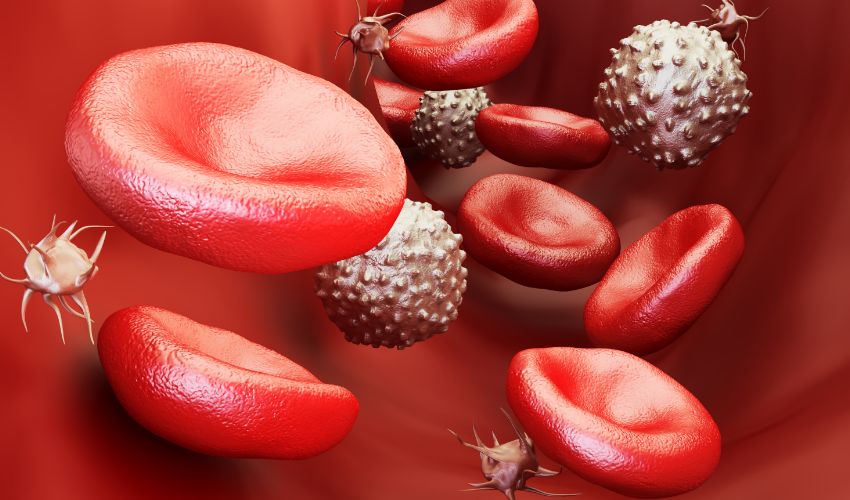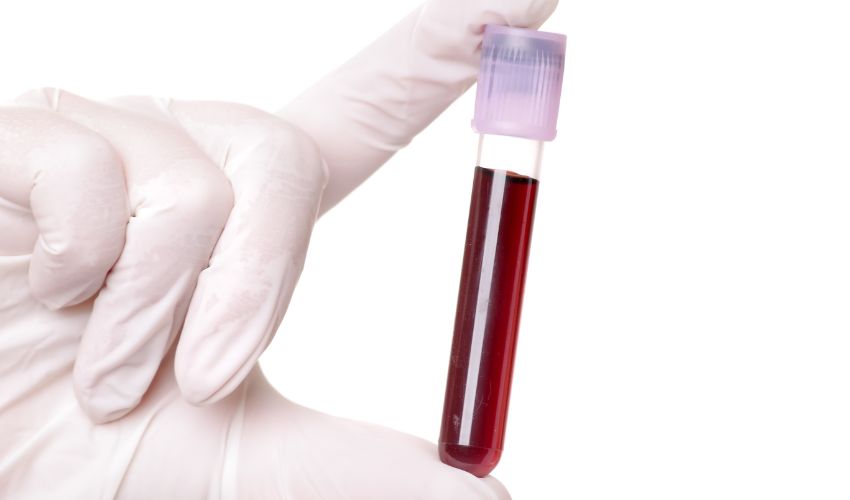Blood sugar control refers to the regulation of glucose (sugar) levels in the blood. Glucose is the primary source of energy for the body’s cells, and the amount of glucose in the blood is tightly controlled by the hormones insulin and glucagon. When blood sugar levels are too high, insulin is released to help bring them back down. Conversely, when blood sugar levels are too low, glucagon is released to help raise them.
What is Blood Sugar?
Blood sugar, also known as blood glucose, is the amount of glucose present in the blood. Glucose is derived from the foods we eat, and it is transported through the bloodstream to the body’s cells to be used as energy.
How is Blood Sugar Regulated?
Blood sugar levels are regulated by the hormones insulin and glucagon, which are produced by the pancreas. When blood sugar levels rise after a meal, insulin is released to help transport glucose from the bloodstream into the cells, where it can be used as energy or stored for later use. When blood sugar levels fall, glucagon is released to help break down stored glucose and release it into the bloodstream to be used as energy.
What are Normal Blood Sugar Levels?
The normal range for blood sugar levels varies depending on the time of day and whether or not you have eaten recently. Generally, fasting blood sugar levels should be between 70 and 99 mg/dL (milligrams per deciliter) for most adults. After a meal, blood sugar levels may rise to between 140 and 180 mg/dL and then return to normal within a few hours.
What are the Risks of High or Low Blood Sugar Levels?
High blood sugar levels (hyperglycemia) can lead to various health complications such as diabetes, obesity, and heart disease. Symptoms of hyperglycemia include frequent urination, excessive thirst, blurred vision, and fatigue.
Low blood sugar levels (hypoglycemia) can cause dizziness, confusion, and other symptoms. Severe hypoglycemia can be life-threatening and requires immediate medical attention.
Diet and Nutrition for Blood Sugar Control:
Diet plays a crucial role in blood sugar control. Consuming a balanced diet that is rich in fiber, lean proteins, and healthy fats can help keep blood sugar levels stable. Here are some dietary tips for blood sugar control:
- Avoid sugary drinks, processed foods, and high-carb foods, as these can cause blood sugar levels to spike.
- Include high-fiber foods such as whole grains, fruits, and vegetables in your diet, as these can help slow the absorption of glucose into the bloodstream.
- Choose lean proteins such as fish, poultry, and beans, as these can help keep you feeling full and satisfied without causing spikes in blood sugar levels.
- Practice portion control by measuring your food and avoiding oversized portions.

Physical Activity and Exercise:
Exercise is another essential component of blood sugar control. Regular physical activity can help improve insulin sensitivity, allowing the body to use glucose more efficiently. Here are some tips for incorporating exercise into your routine:
- Aim for at least 30 minutes of moderate-intensity exercise most days of the week, such as brisk walking, cycling, or swimming.
- Incorporate strength training exercises such as weightlifting or resistance band exercises to build muscle, which can help improve insulin sensitivity.
- Monitor your blood sugar levels before, during, and after exercise to ensure they stay within a healthy range.
- Talk to your healthcare provider before starting a new exercise program, especially if you have any medical conditions or concerns.
Stress Management and Sleep:
Stress and lack of sleep can also affect blood sugar control. When the body is under stress, it releases hormones such as cortisol and adrenaline, which can cause blood sugar levels to rise. Lack of sleep can also lead to insulin resistance and higher blood sugar levels. Here are some tips for managing stress and improving sleep for better blood sugar control:
- Practice stress management techniques such as meditation, deep breathing, or yoga to help lower stress levels.
- Get at least 7-8 hours of sleep per night to help improve insulin sensitivity and regulate blood sugar levels.
- Avoid caffeine, alcohol, and stimulating activities such as watching TV or using electronic devices before bedtime, as these can interfere with sleep.
Medical Treatment for Blood Sugar Control:
In addition to diet and lifestyle modifications, there are various medical treatments available for blood sugar control. These include oral medications such as metformin and insulin injections. It is essential to work closely with your healthcare provider to find the right treatment plan for your individual needs.

FAQs:
Can blood sugar levels be controlled without medication?
Yes, lifestyle changes such as diet, exercise, and stress management can help control blood sugar levels.
Can certain foods lower blood sugar levels?
Yes, foods such as cinnamon, apple cider vinegar, and bitter melon may help lower blood sugar levels.
How often should I check my blood sugar levels?
The frequency of blood sugar monitoring varies depending on individual needs and medical recommendations. Typically, it is recommended to check blood sugar levels at least once a day.
Can stress affect blood sugar levels?
Yes, stress can cause blood sugar levels to rise due to the release of hormones such as cortisol and adrenaline.
What are the potential side effects of blood sugar control medications?
Common side effects of blood sugar control medications include nausea, diarrhea, and low blood sugar levels (hypoglycemia).
Conclusion:
Blood sugar control is essential for maintaining good health and preventing long-term complications. With the right diet, exercise, stress management techniques, and medical treatment, you can keep your blood sugar levels within a healthy range. Remember to monitor your blood sugar levels regularly, and seek medical attention if you experience any symptoms of high or low blood sugar levels.
By following the tips and tricks outlined in this article, you can take control of your blood sugar levels and improve your overall health and wellbeing. Start making small changes today, and you’ll soon see the benefits of optimal blood sugar control.






















